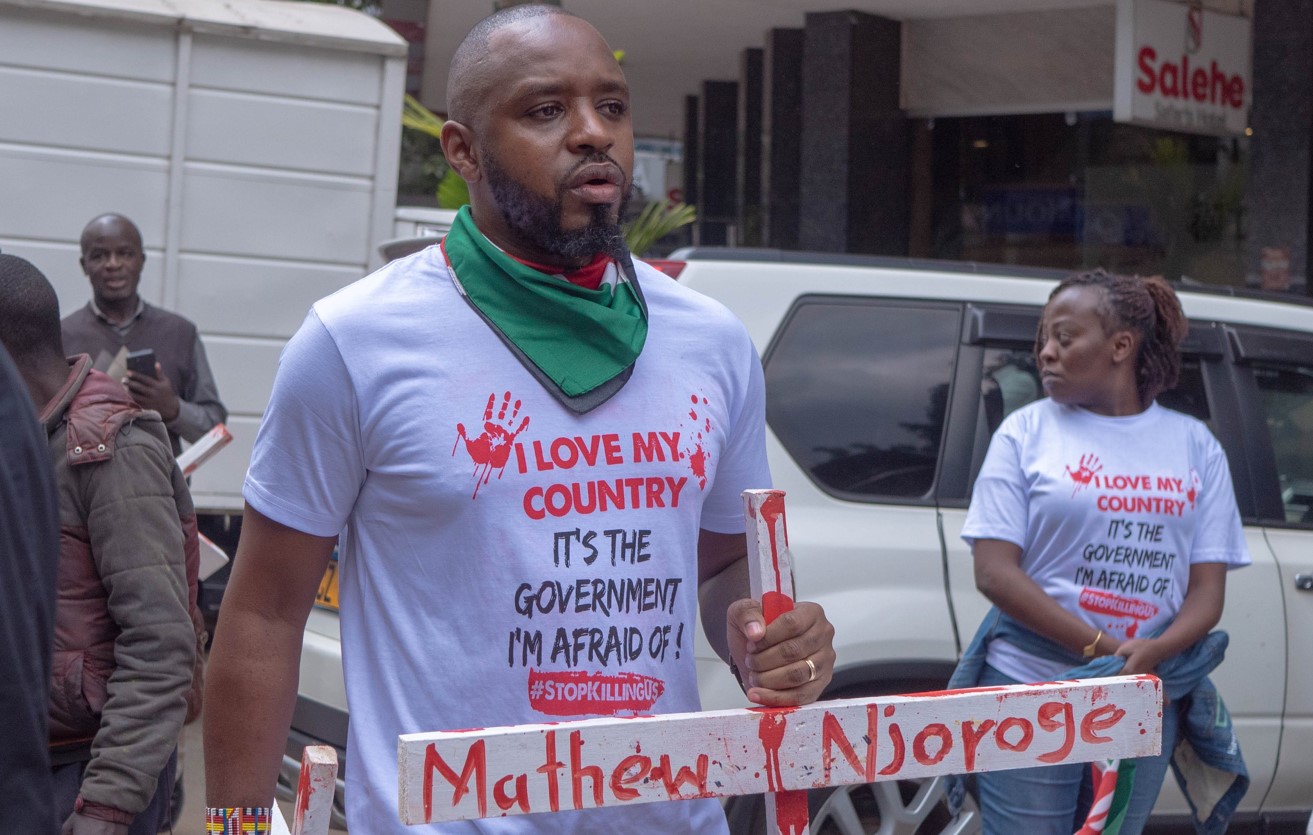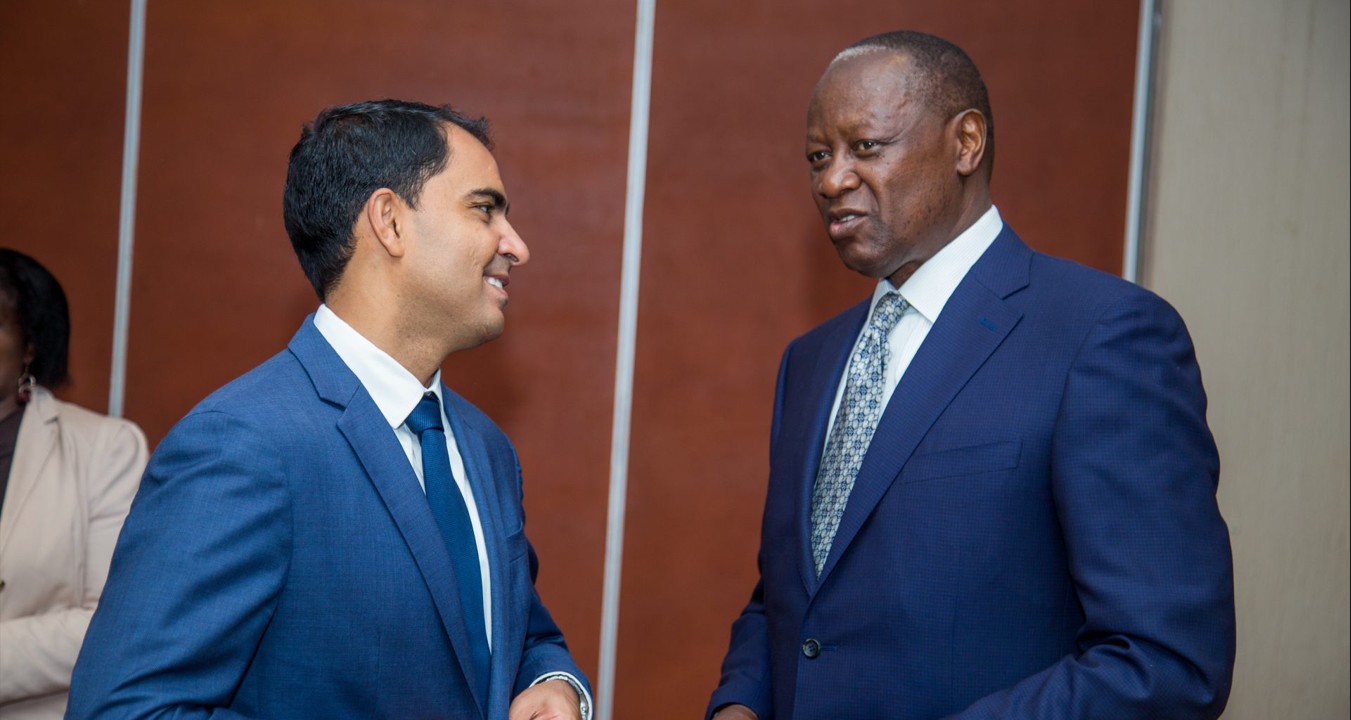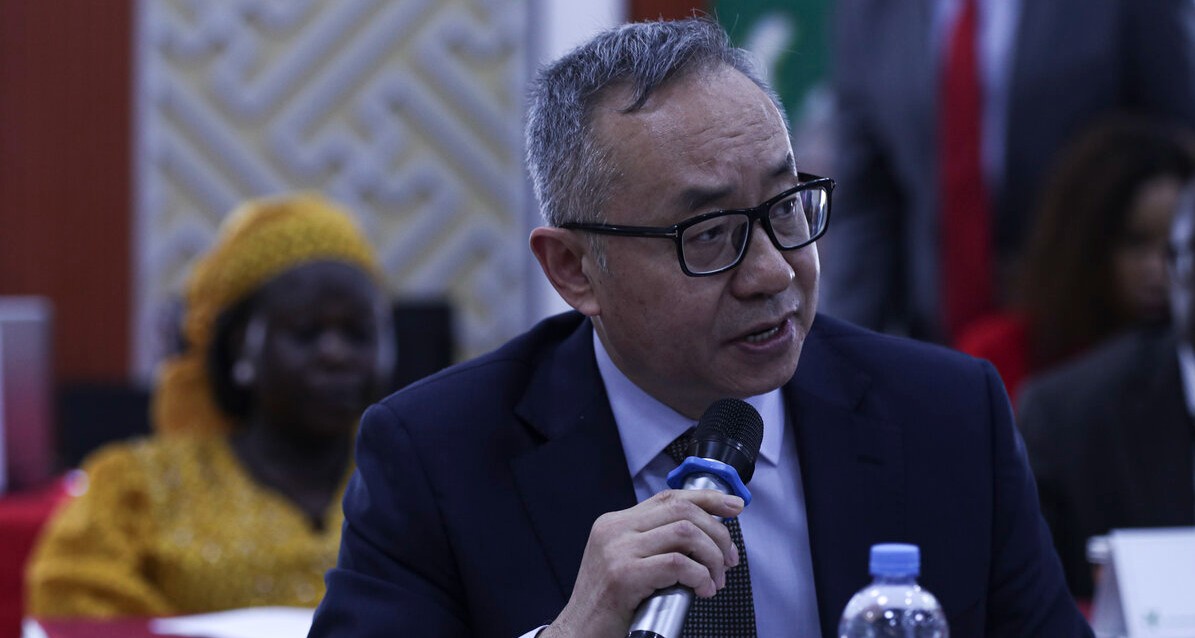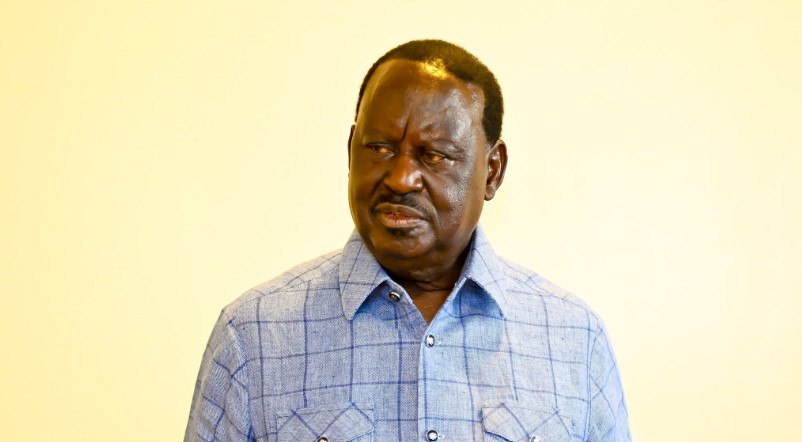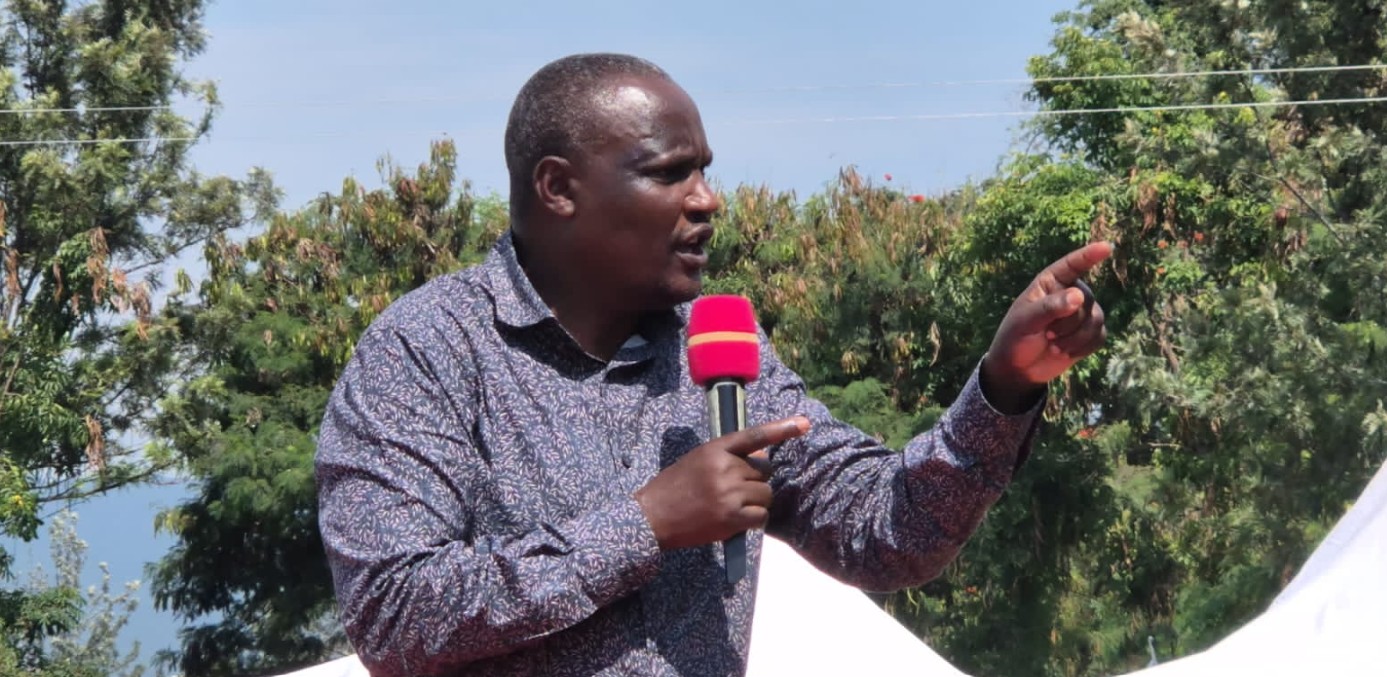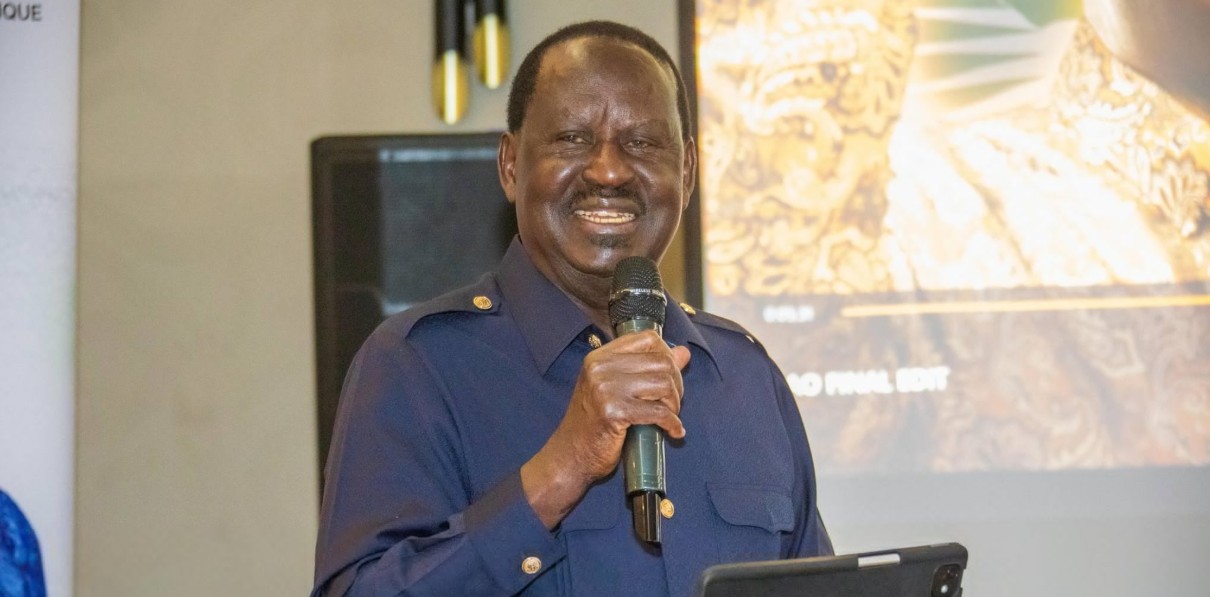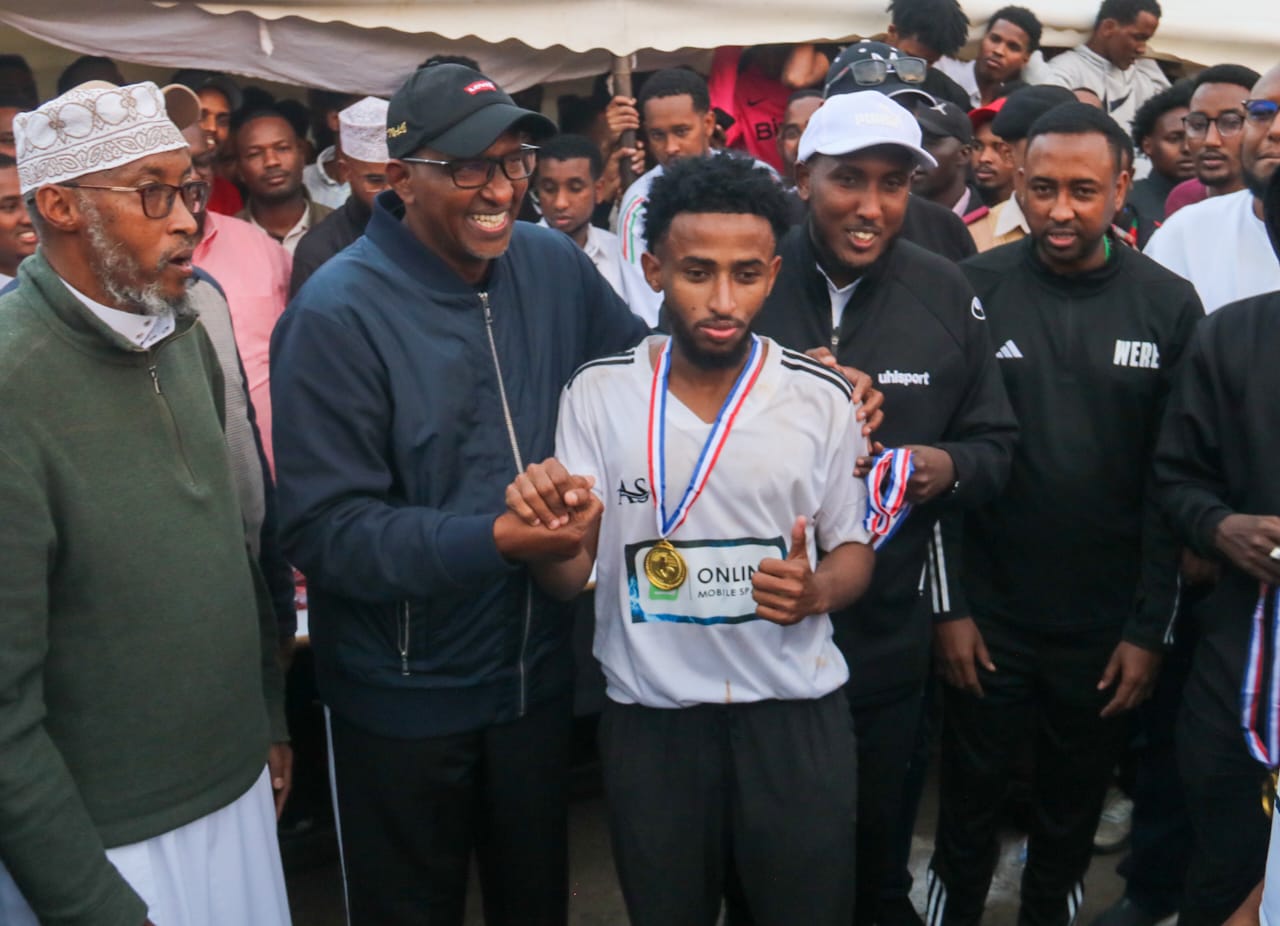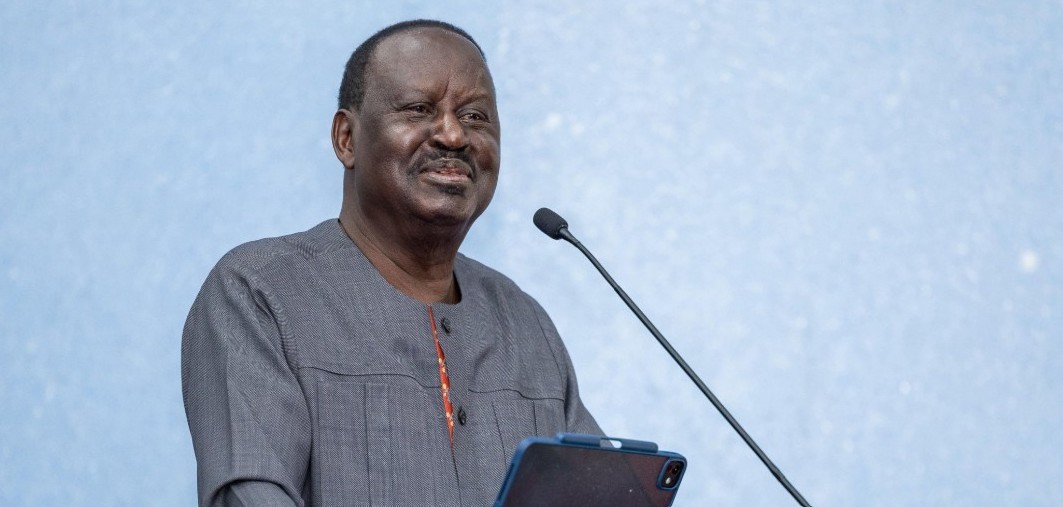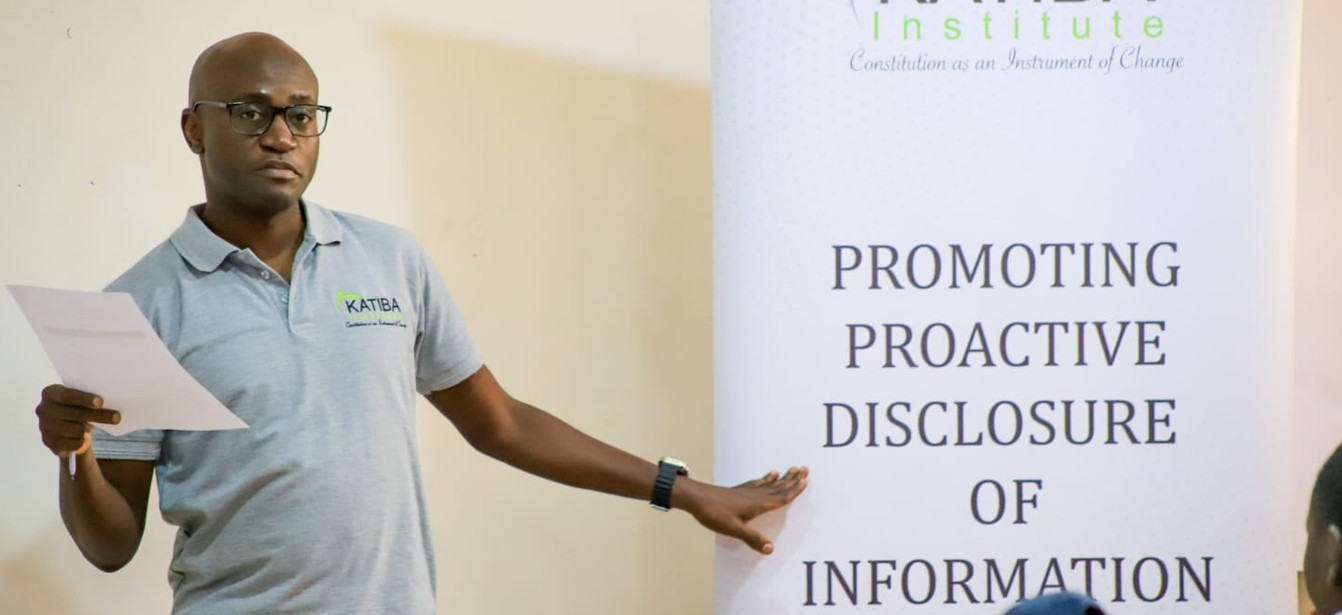Haemophilia association calls for government funding to address treatment gaps

Haemophilia is a disorder where blood does not clot properly, leading to prolonged bleeding after injuries or surgeries.
The Kenya Haemophilia Association (KHA) has called on both national and county governments to allocate funds for the treatment and management of haemophilia, a rare inherited bleeding disorder.
The association’s board member, James Kago, explained that the country currently depends on international donations for the care of haemophilia patients. Kago made the plea during the World Haemophilia Day celebrations held at Murang’a Level 5 Hospital, emphasising the urgent need for local funding to support treatment.
More To Read
- Wajir residents urged to donate blood as shortage hits county referral hospital
- Kenyan mothers struggle for survival, dignity and care in shadow of haemophilia
- World Haemophilia Day: Shining light on rare disorder and women often left behind
- Kenya’s blood transfusion services face collapse as World Bank’s Sh2.7 billion support ends
- Ethiopia signs Sh231 million deal with UN Office for Project Services to upgrade blood storage capacity
Haemophilia is a disorder where blood does not clot properly, leading to prolonged bleeding after injuries or surgeries.
This condition is often managed with clotting factor concentrates, which are expensive. Kago shared that more than 1,000 haemophilia patients are currently receiving support through the association, thanks to global partners such as the World Federation of Haemophilia and the Novo Nordisk Haemophilia Foundation.
“We’ve built 25 haemophilia treatment centres across the country, but the donations are drying up,” Kago stated.
“Kenya is slipping back to dangerous practices like plasma and whole blood transfusions. This is not care; it’s a last resort.”
National health budget
He further urged the government to include haemophilia in the national health budget, as the cost of treatment remains prohibitively high. Kago revealed that treating the condition costs the country about Sh2 billion annually.
“Despite medical advancements, living with haemophilia in Kenya is a daily battle against not just the disorder, but also neglect and stigma,” Kago added. The cost of treatment is a major hurdle for many families, with a single dose for a child costing Sh50,000 and for an adult, up to Sh300,000. These expenses are often too high for most families to afford.
Kago also expressed his appreciation for the government’s decision to waive taxes on haemophilia drugs, but stressed that this action alone is insufficient.
He called for sustainable funding to ensure a consistent supply of clotting factor concentrates and better-equipped health facilities.
“There’s also a need to train healthcare workers on diagnosing and providing emergency care for haemophilia patients,” he said.
Judy Mwaura, the nurse in charge of the haemophilia clinic at Murang’a Level 5 Hospital, echoed Kago’s concerns, particularly the difficulty patients face when travelling long distances for treatment.
Mwaura urged the government to consider establishing more haemophilia clinics across the country to reduce the burden on patients.
The importance of early diagnosis was also highlighted, with Kago stressing the need for the Ministry of Health to prioritise screening and diagnosing women with bleeding disorders. He noted that many women, especially those with prolonged menstruation, might have haemophilia but are unaware of their condition.
Top Stories Today
